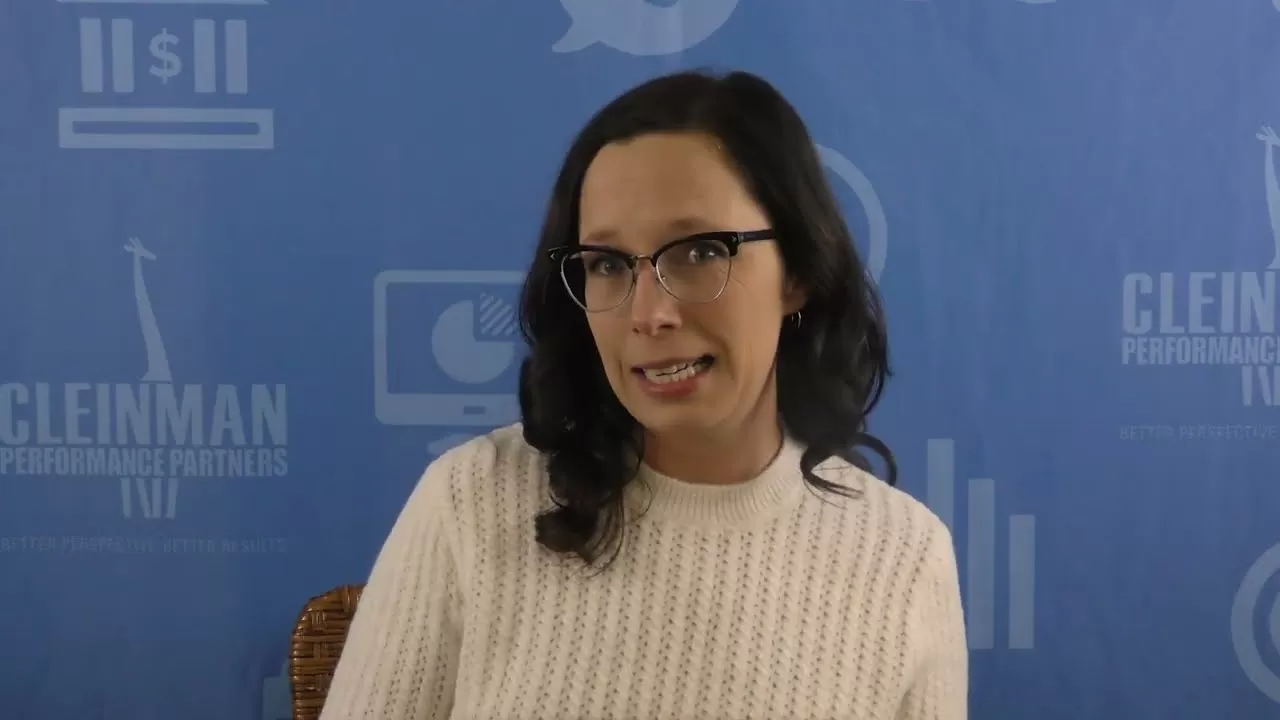 I believe in the “law of the marketplace.” Under that “law,” businesses and professions operate without artificial restrictions (but with reasonable regulation necessary for consumer protection). Artificial control of one party over another — whether the result of oligopoly, policy manipulation, or special-interest statutory interference — is bad. Competition is good. Competition results in continuous improvement. With fair competition, the consumer ultimately prevails. With fair competition, everyone wins.
I believe in the “law of the marketplace.” Under that “law,” businesses and professions operate without artificial restrictions (but with reasonable regulation necessary for consumer protection). Artificial control of one party over another — whether the result of oligopoly, policy manipulation, or special-interest statutory interference — is bad. Competition is good. Competition results in continuous improvement. With fair competition, the consumer ultimately prevails. With fair competition, everyone wins.
But competition in the eyecare marketplace has been anything but fair. Over time, through what can only be defined as a combination of strong-arm tactics and subtle manipulation, vision plans have taken control of private practice optometry. Whether through the requirement for a professional to use a specific source for lab work, the contractual obligation to provide discounts for non-covered services, or credentialing barriers and audit threats, or the sale of vision plans direct to consumer, the vast majority of private optometrists have succumbed to control by vision plans out of fear of exclusion. Many optometrists think that they own their practices when, in reality, vision plans are the effective “owners.”
It’s time to take back the night.
Several years ago, beginning with Maryland and Texas, the march for optometry’s freedom from control by vision plans began. I first spoke out about concerns in the early part of this century, having observed that vision plans were exerting too much control over the economic well-being of the profession. What started in the early 1950s as a movement to protect private practice backfired, the result of greed. Indeed, as I write this, I’m traveling from an optometry meeting in California, where the vast majority of optometrists are effectively employed and controlled by the 800 pound gorilla. I maintain that such control and concentration of power ultimately results in lower levels of care for consumers. Without reasonable profits, optometrists cannot invest in improvements in care. Left unchecked, vision plans will, in my opinion, ultimately destroy the very profession that birthed them.
But while California optometrists should be rising up and taking back control of their practices, it’s other states that are leading the way toward professional freedom. And today, optometrists everywhere owe a debt of gratitude to their colleagues in Texas for plowing new ground.
Kudos to the Texas Optometric Association, currently led by Dr. Tommy Lucas, for successfully securing Governor Abbott’s signature on a bellwether optometry bill (SB 684) that serves to further remove control by vision plans. This legislation results in enhanced freedom to practice the profession of optometry without outside influence. They do things big in Texas!
Here’s what Dr. Lucas and his colleagues have accomplished:
They’ve removed artificial controls resulting from unfair credentialing practices: The first section of this bill allows any optometrist to join a medical plan WHEN they are joining a practice that already accepts that plan. Everyone who’s ever attempted to become credentialed knows that the process is, in a word, wrong. This change helps existing practices grow by providing opportunity to associate doctors and helps practice successors on-board with less economic hardship because all will be guaranteed plan access.
They’ve removed the ability for vision plans to manipulate the profession by eliminating professional choice. The second section clamps down on vision plans in a very broad way, prohibiting the ability for vision plans to employ optometrists or mandate lab choices.
There are a lot of specifics to this legislation, but key are new vision plan prohibitions that have reduced the ability for optometrists to actually practice their profession.
1) Vision plans may not control or attempt to control the practice of optometry.
2) Vision plans may not hire optometrists to provide eyecare services.
3) Vision plans may not pay optometrists for services not provided.
4) Vision plans may not restrict the optometrist’s choice of products or services for a patient, or where they source those products or services, including choice of optical labs.
5) Vision plans may not require confidential medical information to be disclosed unless it is a HIPAA compliant disclosure.
6) Optometrists must disclose to the patient if they have a financial interest in any non-network product or service they recommend for a patient.
7) All provisions of the section are to be “liberally construed” to prevent vision plans from controlling or attempting to control the manner of practice or professional judgment of an optometrist.
The law goes into effect on Sept. 1, 2015, and applies to new employer contracts entered into after this date.
Texas Optometry had to fight all of the health plan consortiums and the vision plan consortium (National Association of Vision Care Plans), and the army of lobbyists they hired to defeat this legislation. But with an outstanding grassroots effort and the leadership of Dr. Lucas, Texas Optometry has prevailed. Congratulations!
Who’s next?





